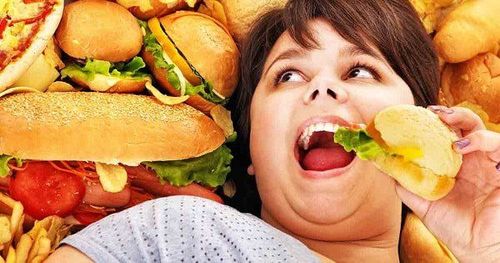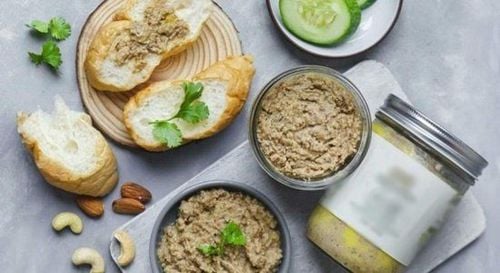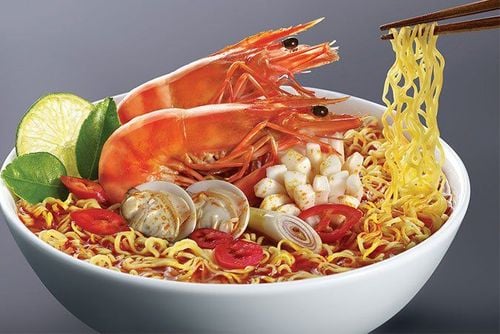This is an automatically translated article.
According to statistics, up to 20% of people may have an eating disorder or exhibit addictive-like eating behaviors. In people who are overweight or obese, the figure is even higher. So which foods are the most addictive?1. What is food addiction?
Food addiction may seem like a strange concept, but the idea that a person can be addicted to food has recently gained increasing support. That comes from brain imaging and other studies on the effects of compulsive overeating on pleasure centers in the brain.Animal and human experiments show that, for some people, the same reward and pleasure centers of the brain activated by addictive drugs as cocaine and heroin are also activated by food , especially delicious food. Food addiction is related to the same eating addiction as someone with a specific substance use disorder. Food addicts report being unable to control their consumption of certain foods.
Like drugs, very palatable foods trigger brain chemicals like dopamine, which make them feel the need to eat the food again. The “reward” signals from palatable food can override other signals of satiety and satisfaction. As a result, addicts continue to eat even when they are not hungry. And just like people with drug or gambling addictions, binge eaters have a hard time stopping their behavior, even if they want to or have repeatedly tried to cut back.

Theo thống kê, có tới 20% số người có thể bị nghiện ăn hoặc biểu hiện hành vi ăn uống giống như chất gây nghiện
2. Addictive foods
According to research, most of the foods that are rated as addictive are processed foods. These foods are often high in sugar or fat — or both. Some addictive foods can be listed as follows:Chocolate Chips Cookies Ice cream Burger Soda Cream Cheese Cake Bacon Fried chicken Popcorn Breakfast cereals Marshmallows

Gà rán là một trong số những loại thực phẩm dễ gây nghiện
Please dial HOTLINE for more information or register for an appointment HERE. Download MyVinmec app to make appointments faster and to manage your bookings easily.
Reference sources: webmd.com, foodnetwork.com, healthline.com










